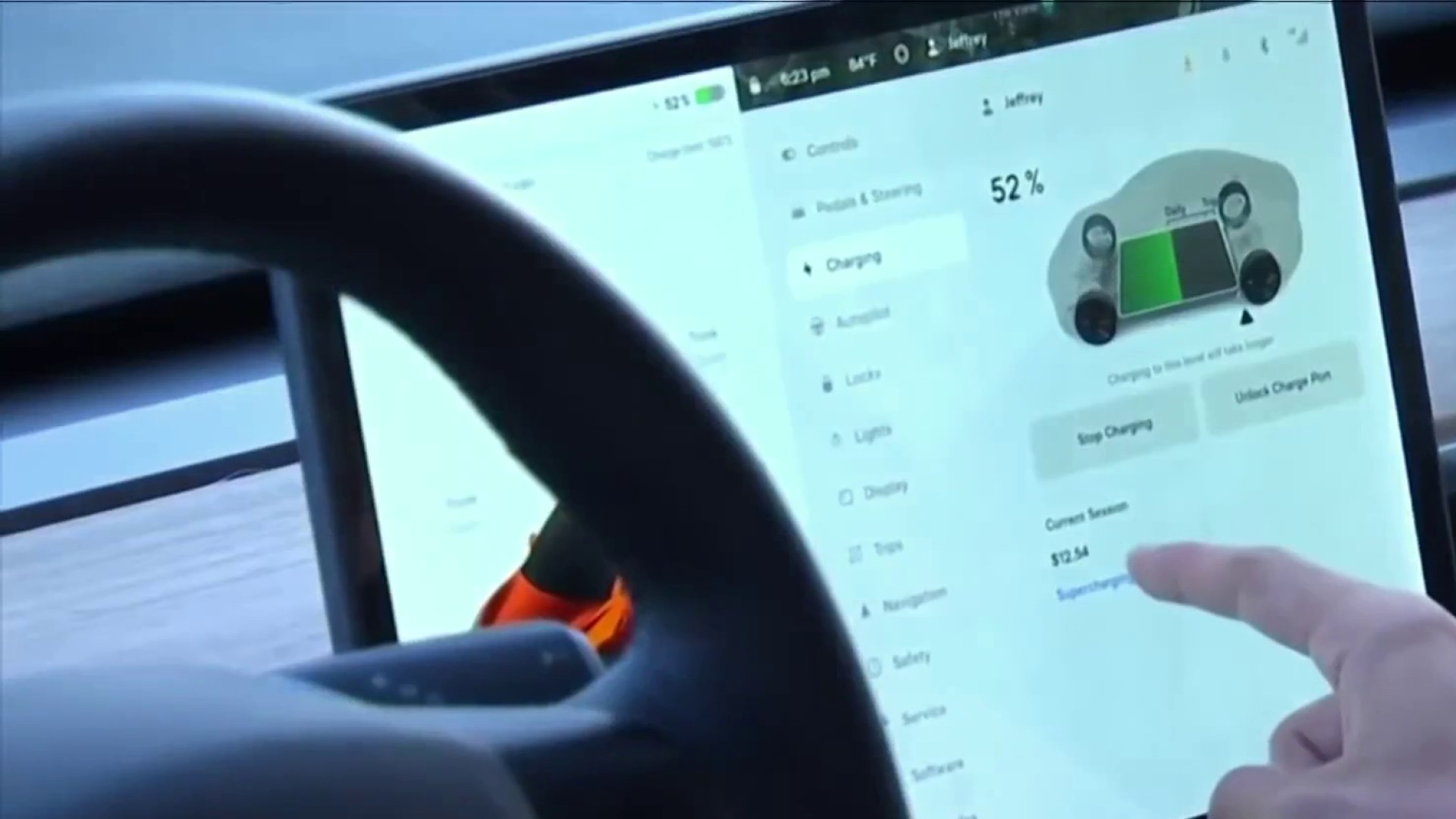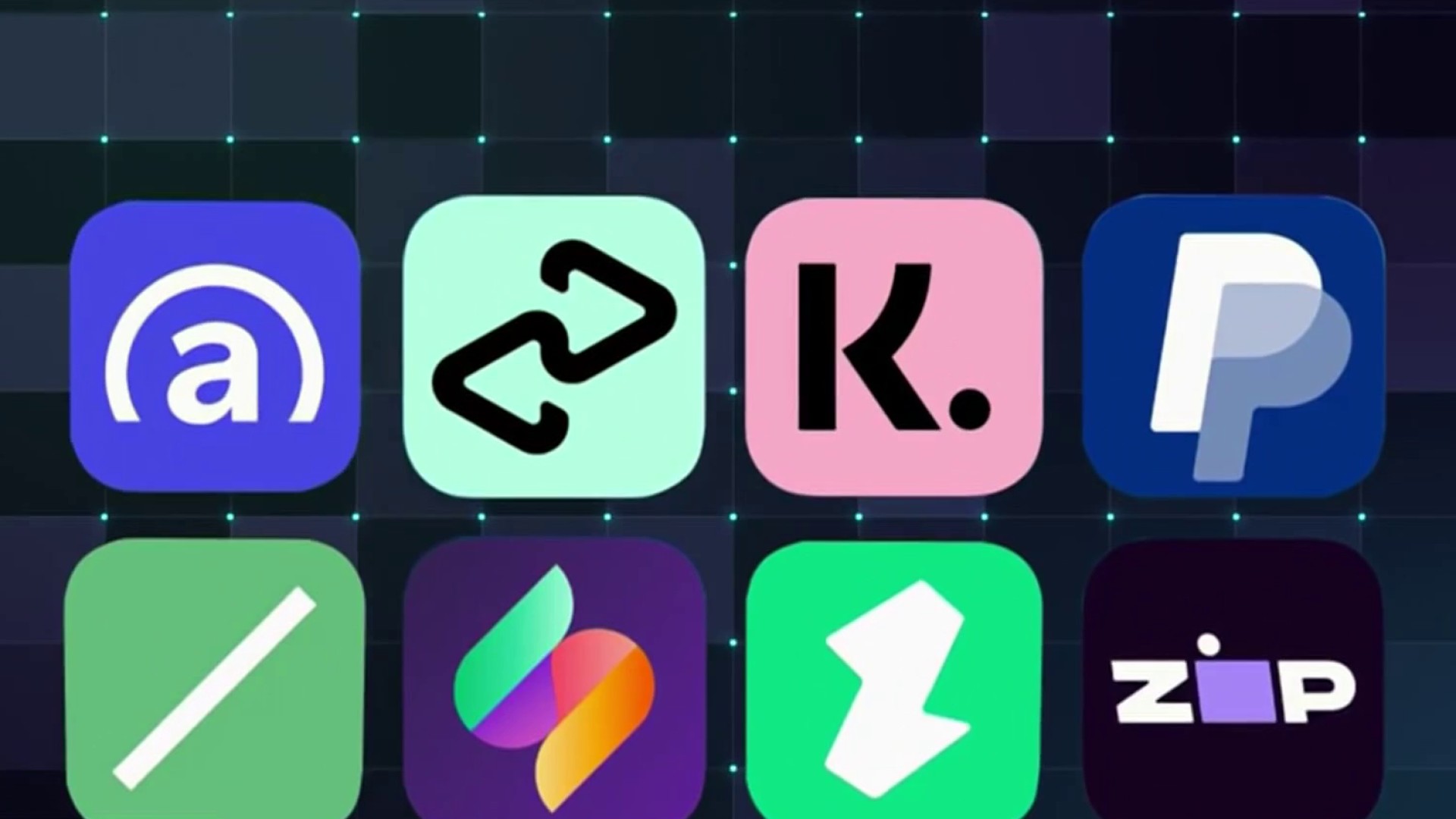Whether you’re on the lookout for “porch pirates,” wild animals or car thieves, a video doorbell or security camera can come in handy — and law enforcement agencies are taking notice.
The Ring app has a neighborhood watch-style social network called Neighbors. Law enforcement uses that network to request videos from users, Dan Wroclawski of Consumer Reports explained.
Ring now has more than 2,500 partnerships with local law enforcement agencies. The program has come under fire by some social justice and digital rights groups, who feel it unfairly targets communities of color.
So, if police ask for your Ring video, do you have to hand it over? Consumer Reports says legally, no.
We're making it easier for you to find stories that matter with our new newsletter — The 4Front. Sign up here and get news that is important for you to your inbox.
“If police ask for your footage, you can choose to share it with them or you can simply ignore the request,” Wroclawski said.
If you don’t share the video, Ring says it won’t give law enforcement access to your cameras, your videos or any of your personal information. Police never have access to a live feed of your Ring cameras.
But police can still get the video.
Here's how police can get Ring video without your consent
“If your footage is stored in the cloud on manufacturers’ servers, police can get it in two ways,” Wroclawski said.
Police can use a search warrant or subpoena, or cite a federal law that lets manufacturers share footage in a potentially life-threatening emergency.
If the footage is stored locally on your camera, police may come to you directly to request it or serve a warrant.
How to opt out of Ring video requests from police
If you have a Ring camera, you can opt out of receiving requests for your footage from law enforcement. That choice is in the Ring app’s settings.



